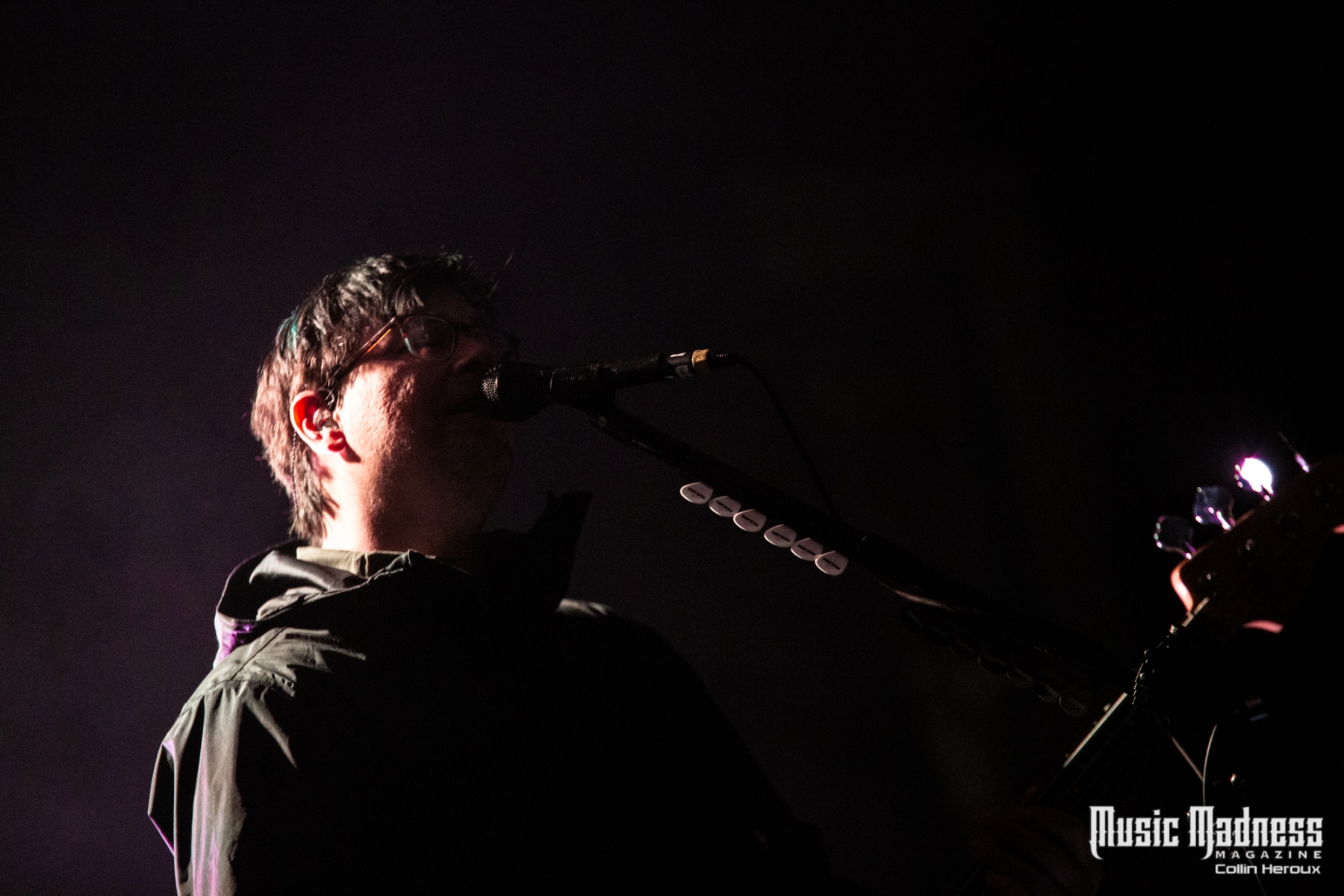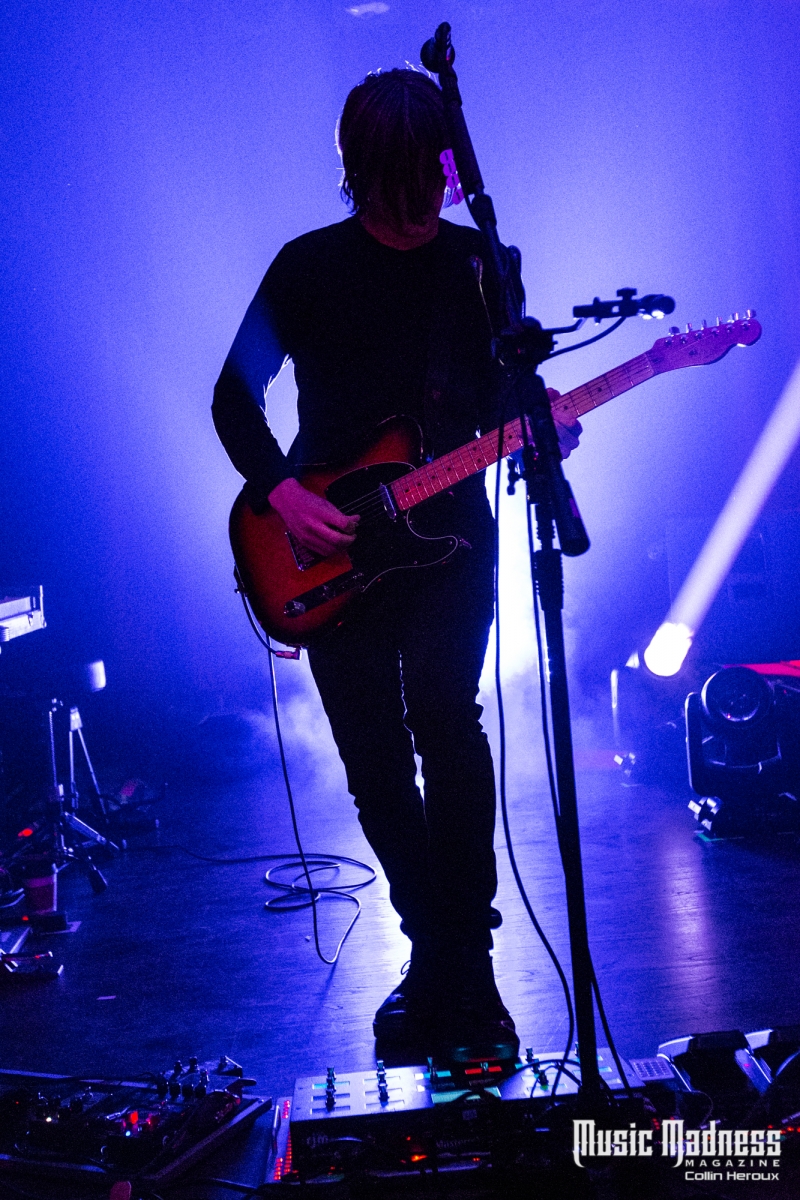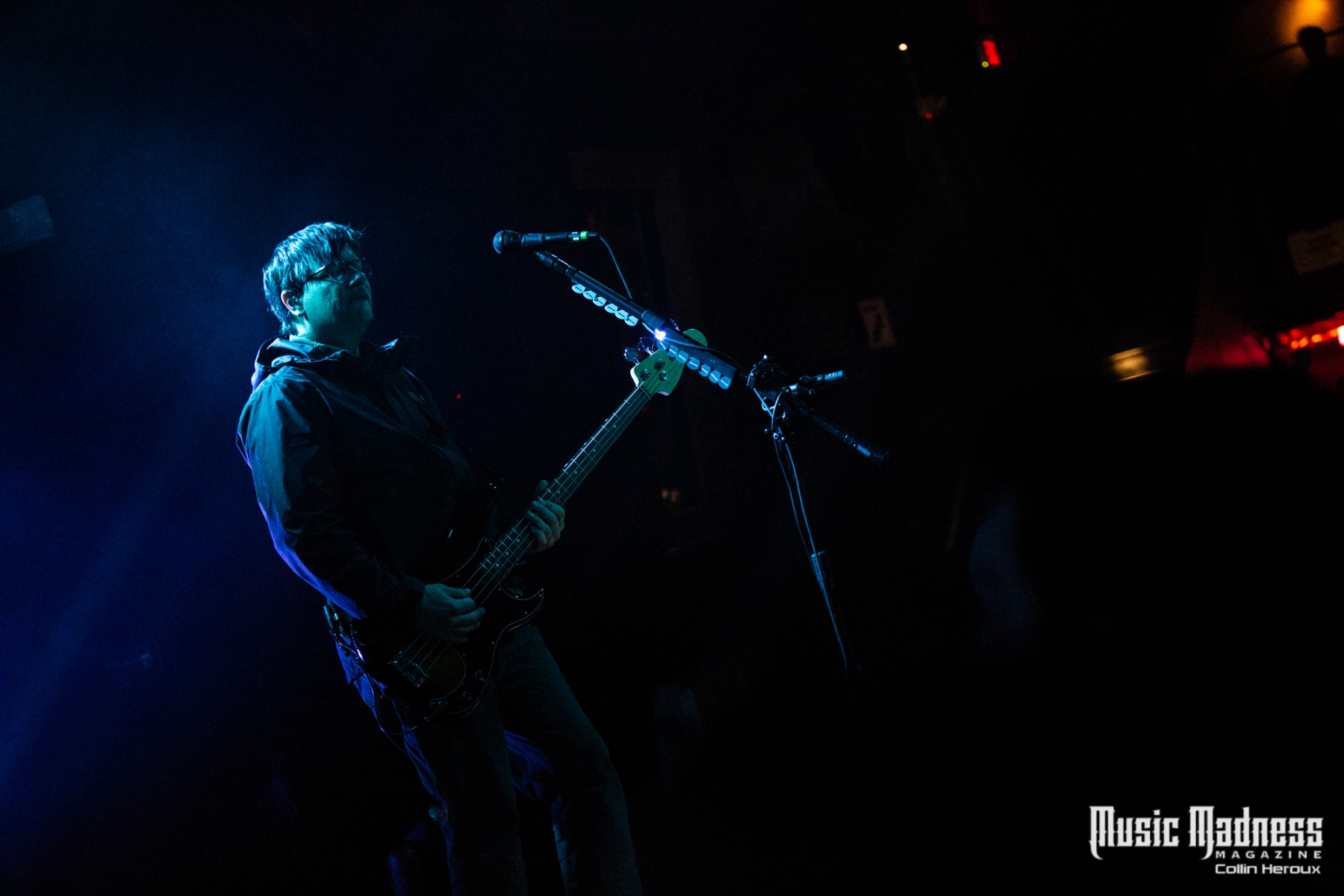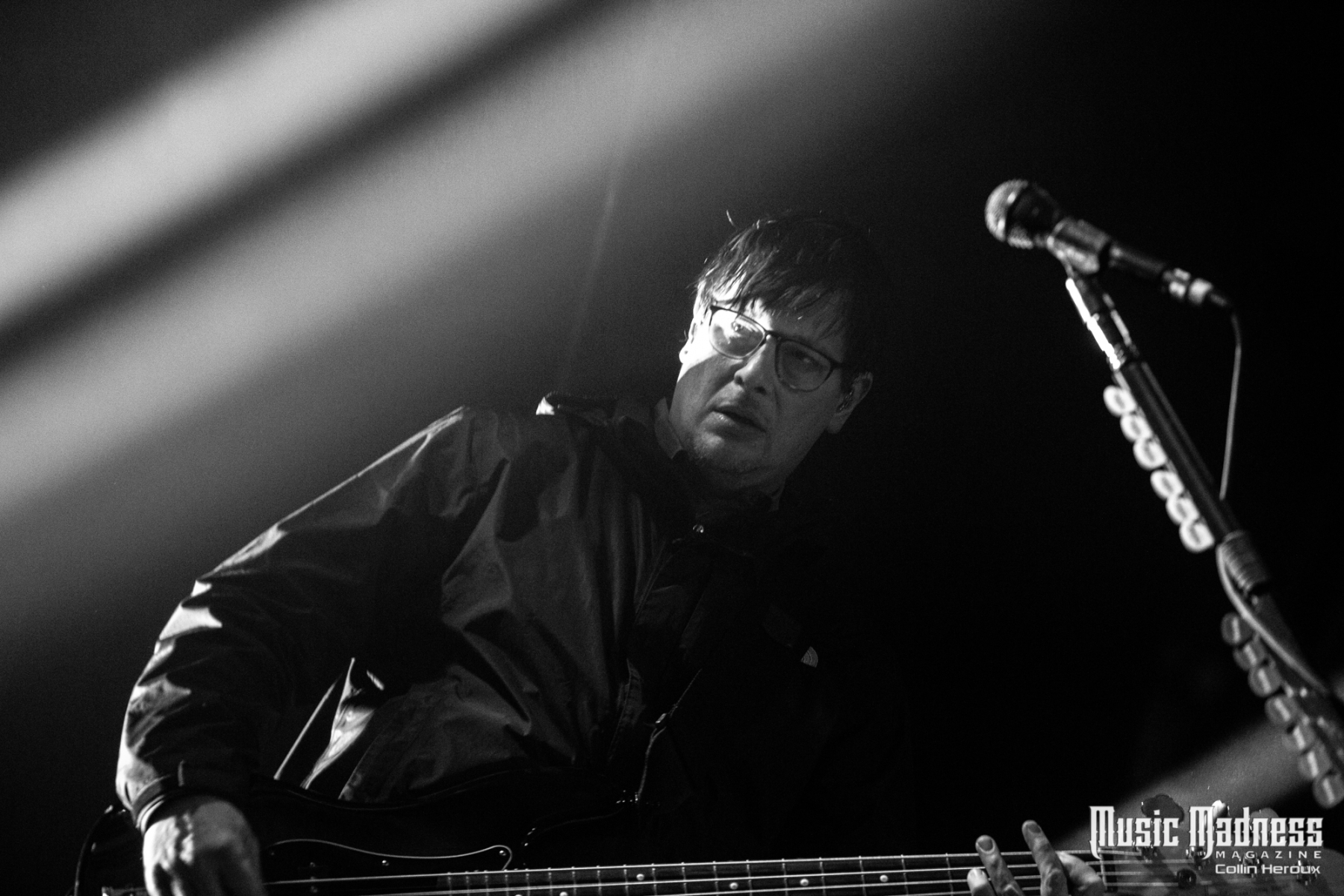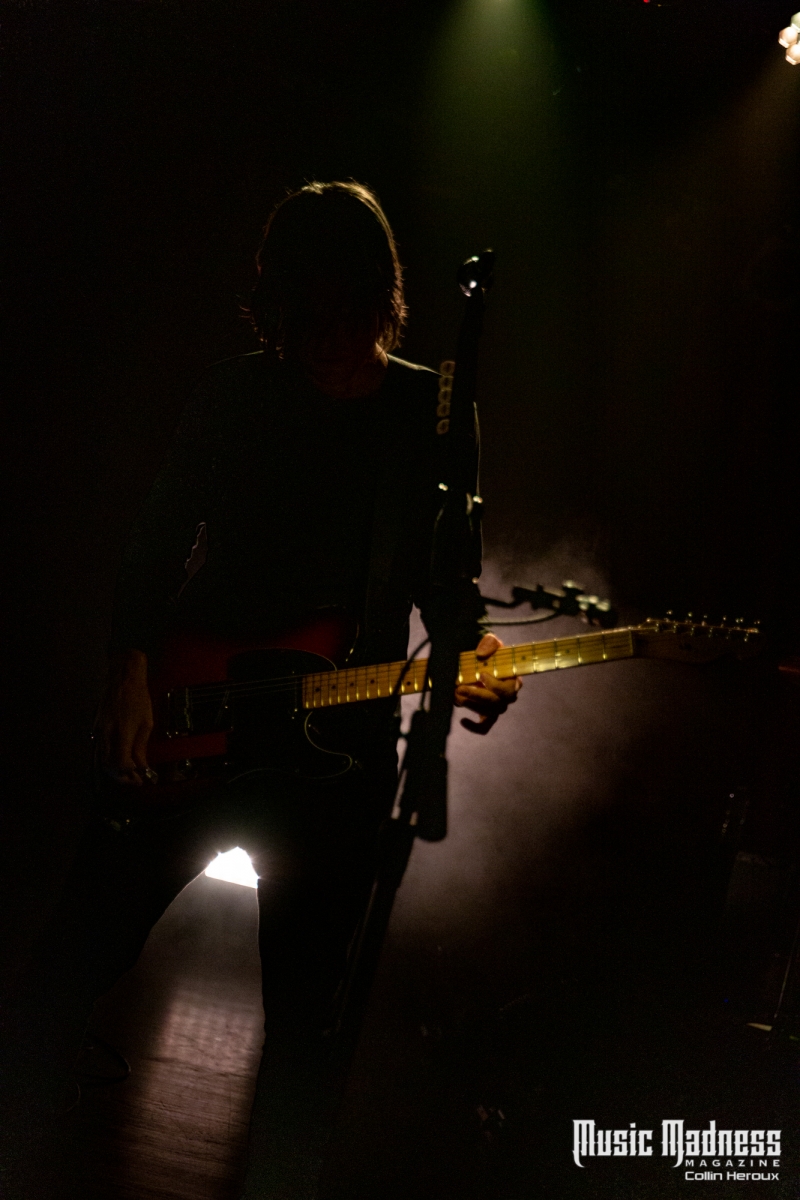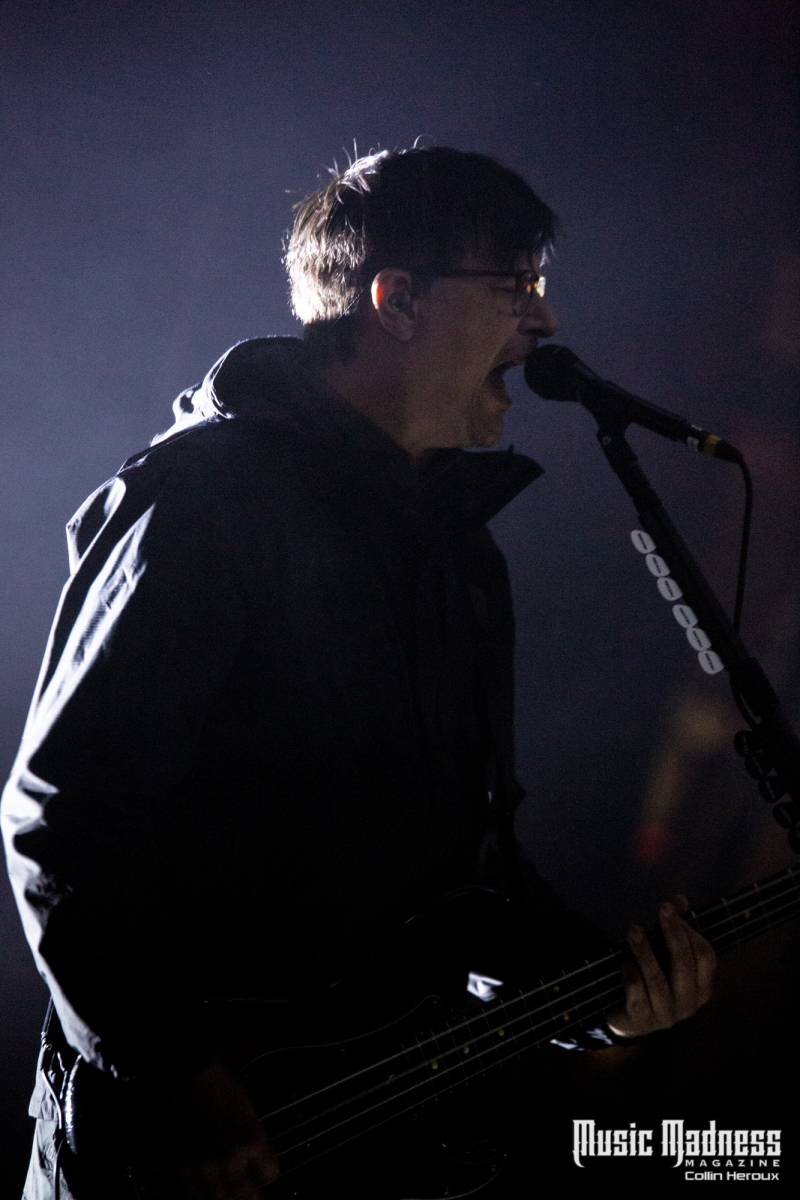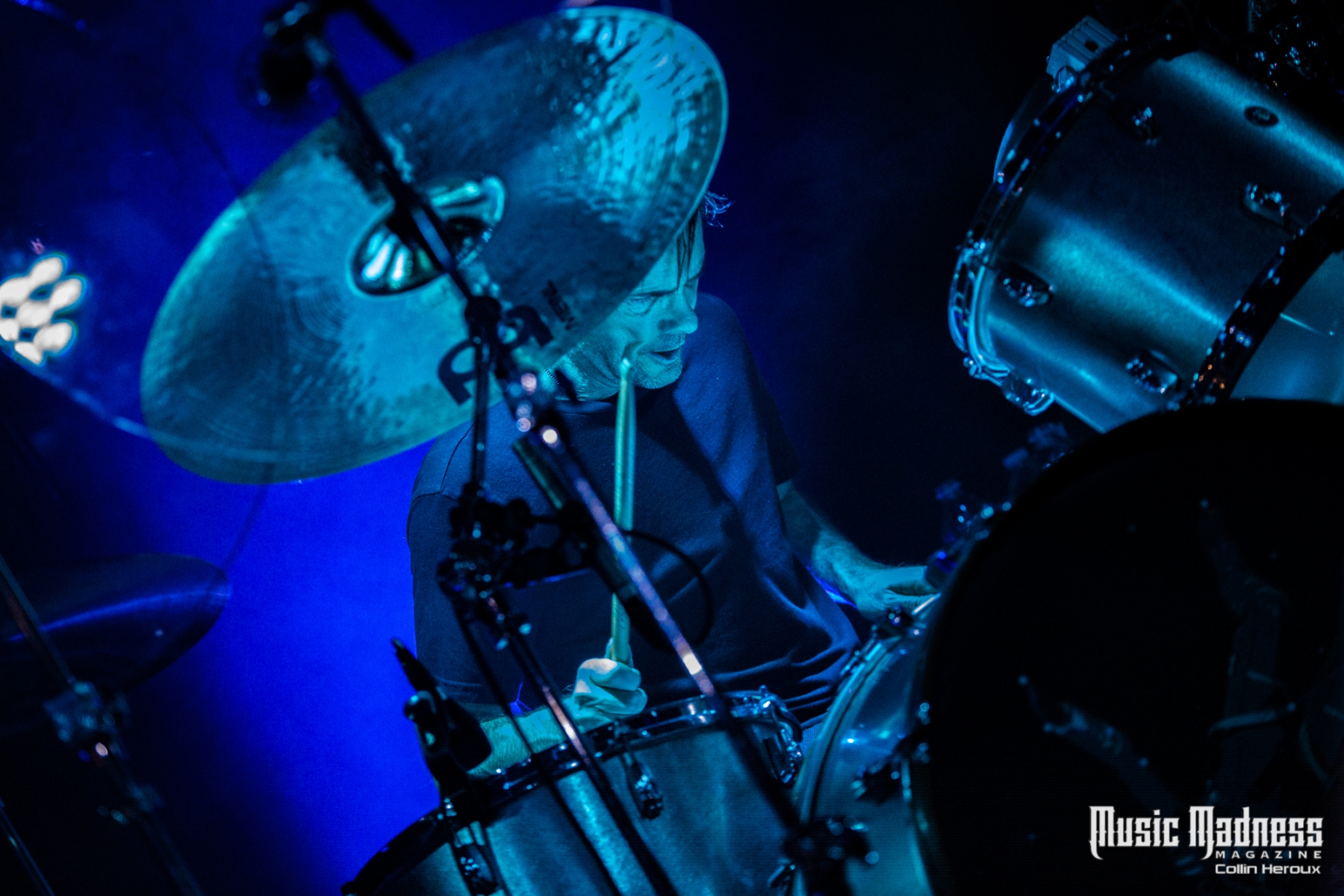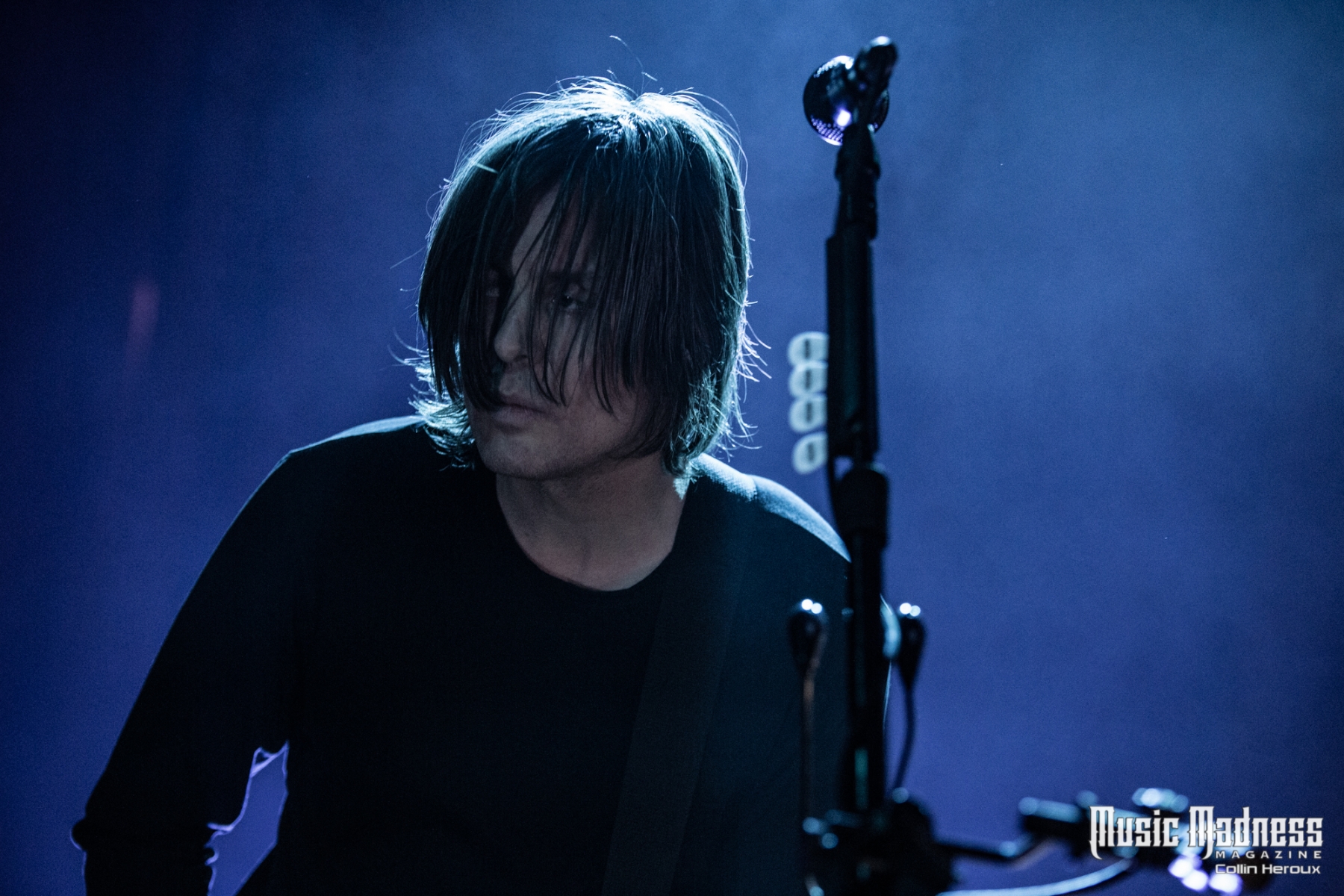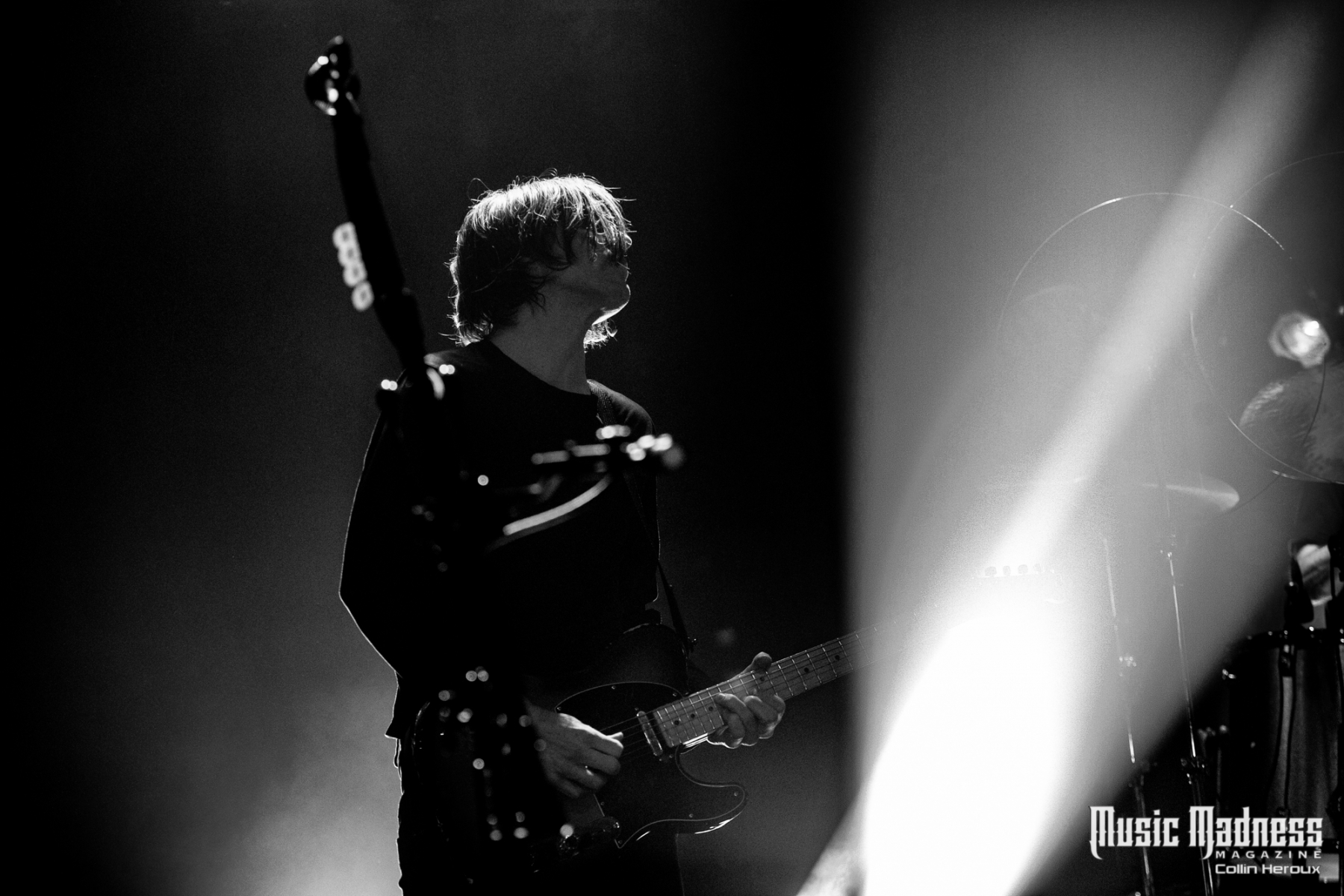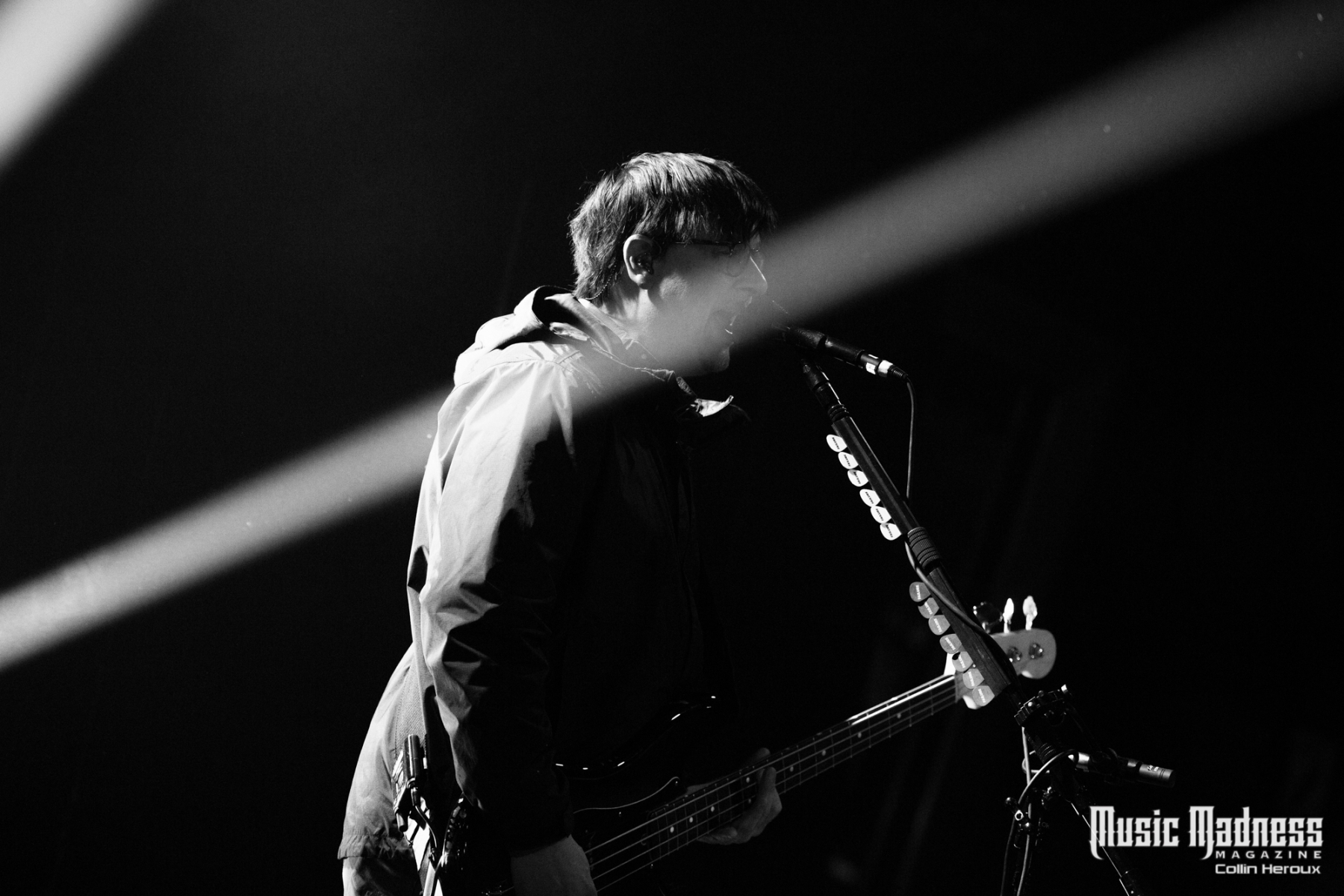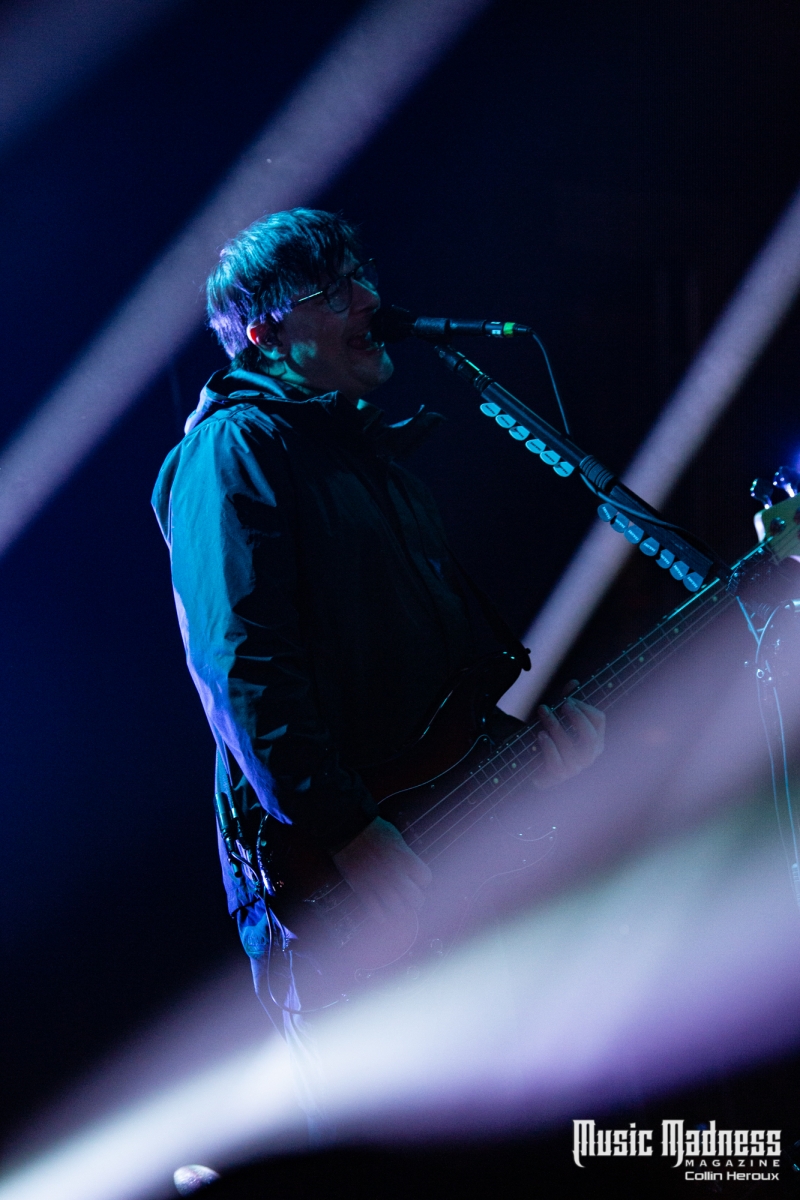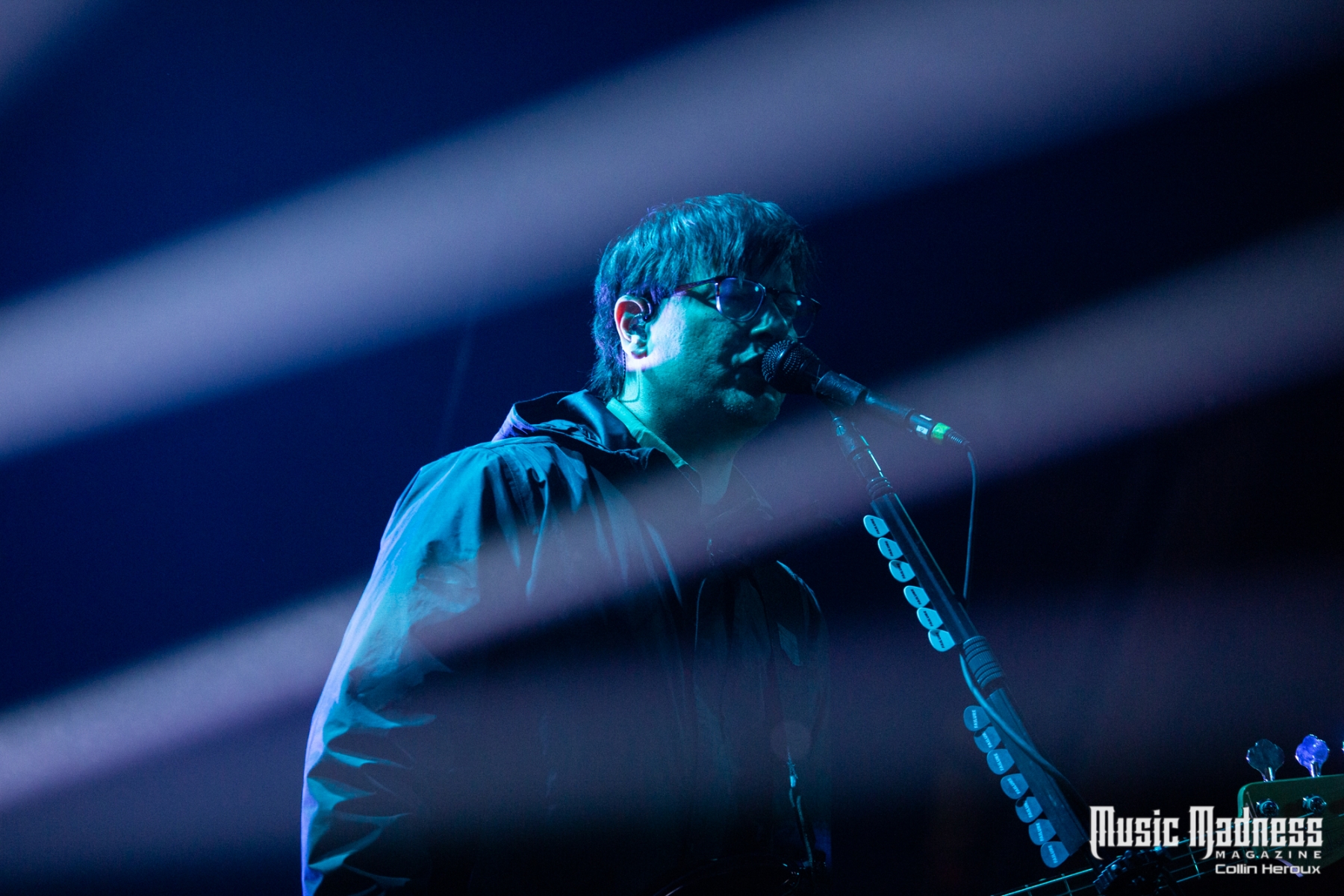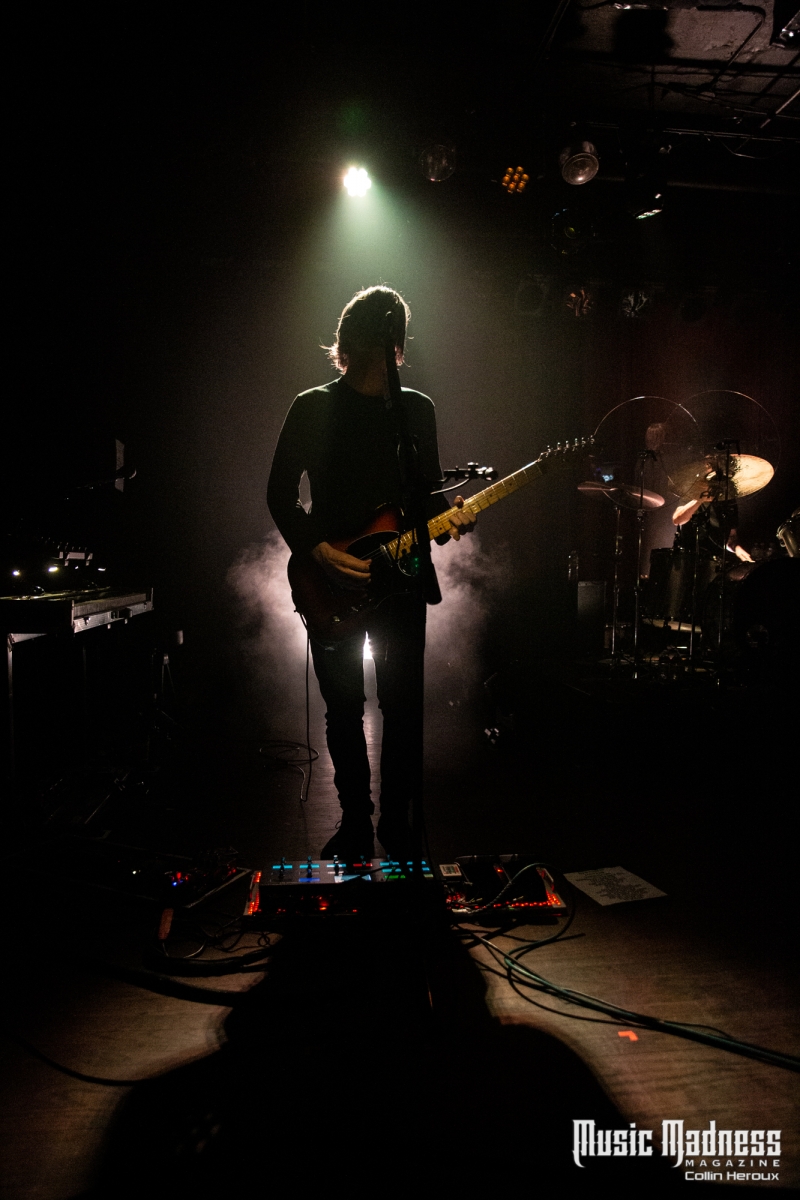
Among hard rock fans, the 90s was the decade of grunge that later became progressive metal popularized by bands like Tool. But even during this golden age, Failure did what few other bands of the time did – they turned their thematic and sonic attention to the stars, invoking the sounds of space and all the technology. The result was their 1996 opus Fantastic Planet; their third LP, it didn’t gain traction upon release, largely due to issues with their record label. But in the decades since, it has become a hallmark of rock music, marking a unique moment in time when a genre that wasn’t destined to last leapt forward into uncharted territory, shedding its skin and leaving its old self behind.
Having returned from a 15-year hiatus in 2015 with the release of The Heart is a Monster; Failure made more waves throughout 2018, staggering the release of their 5th LP, In the Future Your Body Will Be the Furthest Thing from Your Mind, across a series of 4 EPs throughout the year. Its cover adorned with the album’s tracks in the shape of constellations, it once again sees vocalist Ken Andrews filtering his narratives through the lens of the celestial, and the band landed at Boston’s storied Paradise Rock Club for a lengthy set spanning almost thirty years of music.
Taking the stage to the ethereal soundscape of ‘Segue 11’, the 11th in a series of instrumentals the band has been enumerating since Fantastic Planet. The band moved forcefully into ‘Solar Eyes’, one of the more straightforward tracks from the new record, a statement that the energy they poured into their albums as far back as 1992 is still alive and well. In a world where bands often shy away from more traditional rock instrumentation in an effort to stand out, there’s something reassuring and confident about a band that still trusts in the traditional rock trinity. Andrews’ bass guitar conjures the low end into existence as multi-instrumentalist Greg Edwards’ guitars cuts soars between verse and chorus, all anchored by the flawless drumming of Kellii Scott, whose drum kit is made even more massive by large translucent discs surrounding his head, in which Andrews and Edwards appear reflected throughout the show.
A handful of tracks into the set, Andrews thanks the crowd and invites them “on a journey… to Fantastic Planet.” Beginning with ‘Another Space Song’, a gentler cut that sees Andrews restrain his bass to a low rumble, the band cycles through a bevy of tracks from that album, including its lead single, ‘Stuck on You’, and ‘Smoking Umbrellas’. A track featuring a drug-addled narrator and one of the most iconic slasher riffs of all time, underscored by a slithering bass line – this track perhaps more than any other sees Failure embracing their grunge roots.
Andrews and Edwards alternate bass and guitar duties throughout the night, moving through an impressive roster of instruments. Edwards adds piano sounds to the band’s more recent tracks as well, even assuming lead vocal duties on ‘The Pineal Electorate’, a 2018 track referencing the part of the brain that helps induce sleep, its heralding of impeding consequences perhaps an admonition of the overconfidence that has produced the United States’ current political situation. Revisiting Fantastic Planet, one final time to end the main set with ‘Heliotropic’, whose heavy bass and industrial drums are tempered by a gorgeous synth line. Failure has proven that they can expertly straddle more than 25 years of music expertly in the live setting, and they brought the night full circle, ending with ‘Screen Man’ from their debut record, Comfort.
Having disbanded in 1996 on a high note, essentially having carved out a brand-new niche blending elements of progressive rock, metal, space-rock, and grunge, a niche that would come to be occupied by many bands including Porcupine Tree who would carry on that legacy well into the 2000s. Failure seem to have reclaimed their steward ship over this unique blend of sounds without incident, and one hopes that the future is full of more of these fantastic, pummeling soundscapes augmented by Andrews’ never-ending preoccupation with the stars.
Review and photos by Collin Heroux

